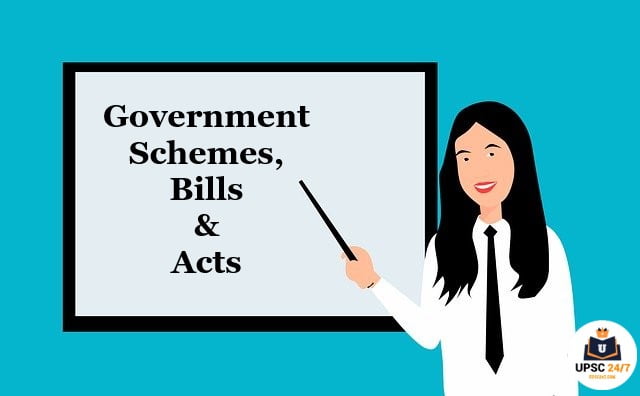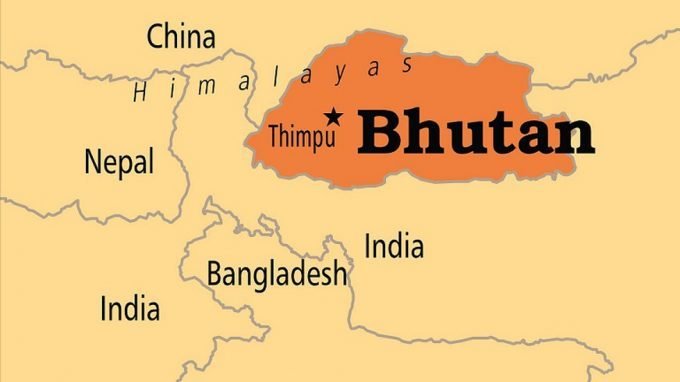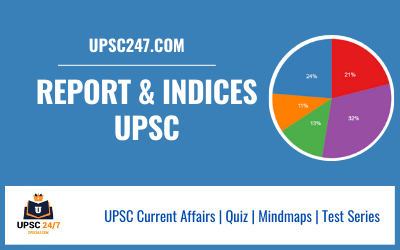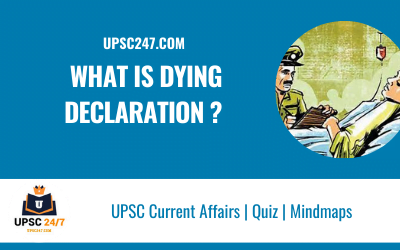Parliament Session UPSC | Budget, Mansoon & Winter Sessions – A session of the Indian Parliament is the period during which a House meets almost every day uninterruptedly to manage the business. There are typically three sessions in a year. A session contains many meetings. The process of calling all members of the Parliament to meet is called Summoning of Parliament. It is the President who summons Parliament.
In general, the sessions are as follows:
- Budget session (February to May)
- Monsoon session (July to September)
- Winter session (November to December)
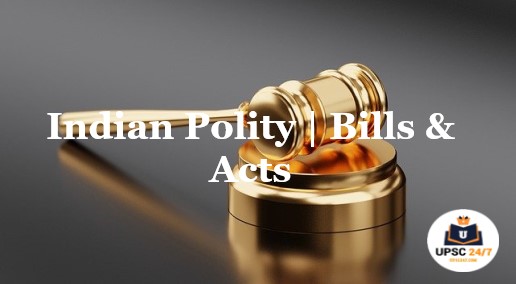
Parliament Session UPSC | Budget, Mansoon & Winter Sessions
Budget Session:
- The budget session was usually held from February to May every year.
- It is considered to be a highly crucial session of the Parliament.
- The Budget is usually presented on the last working day of the month of February.
- Here, the members discuss the various provisions of the budget and matters concerning taxation, after the Finance Minister presents the budget.
- The budget session is generally split into two periods with a gap of one month between them.
- This session every year starts with the President’s Address to both Houses.
See Also ; Gandhi Peace Prize | UPSC | Winners List 2021 With Full Details
Monsoon Session:
- The monsoon session is held in July to September every year.
- This is after a break of two months after the budget session.
- In this session, matters of public interest are discussed.
Winter Session:
- The winter session of Parliament is held in mid-November to mid-December every year.
- It is the shortest session of all.
- It takes up the matters that could not be considered upon earlier and makes up for the absence of legislative business during the second session of the Parliament.
Joint Session of Parliament:
- The Constitution of India provides for the joint sitting of the Parliament’s two Houses, the Lok Sabha and the Rajya Sabha, in order to break any deadlock between the two.
- The joint sitting of the Parliament is called by the country’s President.
- Such a session is presided over by the Speaker, and in his/her absence, by the Deputy Speaker of the Lok Sabha. In the absence of both, it is presided over by the Deputy Chairman of the Rajya Sabha.
- If any of the above are not present, any other member of the Parliament can preside by consensus of both the Houses.
- Article 108 of the Constitution talks about a joint Parliament session.
Joint Sitting of Parliament:
Article 108 of the Indian Constitution provides for a joint sitting of both Houses of Parliament
- The joint session is summoned by the President.
- It is presided over by the Speaker of the Lok Sabha
- The joint sitting is governed by the Rules of Procedure of Lok Sabha and not of Rajya Sabha.
- The quorum to constitute a joint sitting: 1/10th of the total number of members of the House.
- The Bill is passed by a simple majority of the total number of members of both the Houses present and voting in the joint sitting,
Some Examples of Joint Sessions to resolve deadlock
Since 1950, the provision regarding the joint sitting of the two Houses has been invoked only thrice. The bills that have been passed at joint sittings are:
- Dowry Prohibition Bill, 1960.
- Banking Service Commission (Repeal) Bill, 1977.
- Prevention of Terrorism Bill, 2002.
Exceptions to Joint Session
According to the Indian Constitution, there are two exceptions when a joint sitting cannot be summoned. They are for the following bills:
- Constitution Amendment Bill: According to Article 368, both houses of Parliament must pass a Constitutional Amendment bill separately. There is no provision for a joint sitting in case of a disagreement.
- Money Bill (Article 110): As per the Constitution, money bills require the Lok Sabha’s approval only, Rajya Sabha has limited powers in this regard.
Questions and Answers Based Parliament Session UPSC | Budget, Mansoon & Winter Sessions
Q1- If both speaker and deputy speaker of Lok Sabha is absent from a joint sitting, then who presides over such a sitting?
|
Q2: Consider the following statements in respect of provisions for removing deadlock between the two Houses of Parliament:After a bill has been passed by one House and transmitted to the other House, the President may notify to the Houses his intention to summon them for a joint sitting, if:
Which of the statements given above are correct?
|
Q3: According to the Constitution, the Lok Sabha must meet at least:
|
Solution Of The Questions
- B
- B
- D

